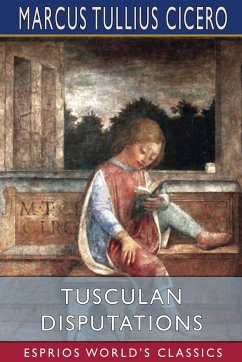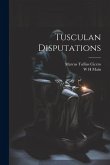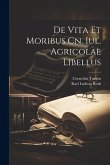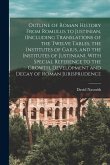The Tusculanae Disputationes (also Tusculanae Quaestiones; English: Tusculan Disputations) is a series of five books written by Cicero, around 45 BC, attempting to popularise Greek philosophy in Ancient Rome, including Stoicism. It is so called as it was reportedly written at his villa in Tusculum. His daughter had recently died and in mourning Cicero devoted himself to philosophical studies. The Tusculan Disputations consist of five books, each on a particular theme: On the contempt of death; On pain; On grief; On emotional disturbances; and whether Virtue alone is sufficient for a happy life.
Bitte wählen Sie Ihr Anliegen aus.
Rechnungen
Retourenschein anfordern
Bestellstatus
Storno








